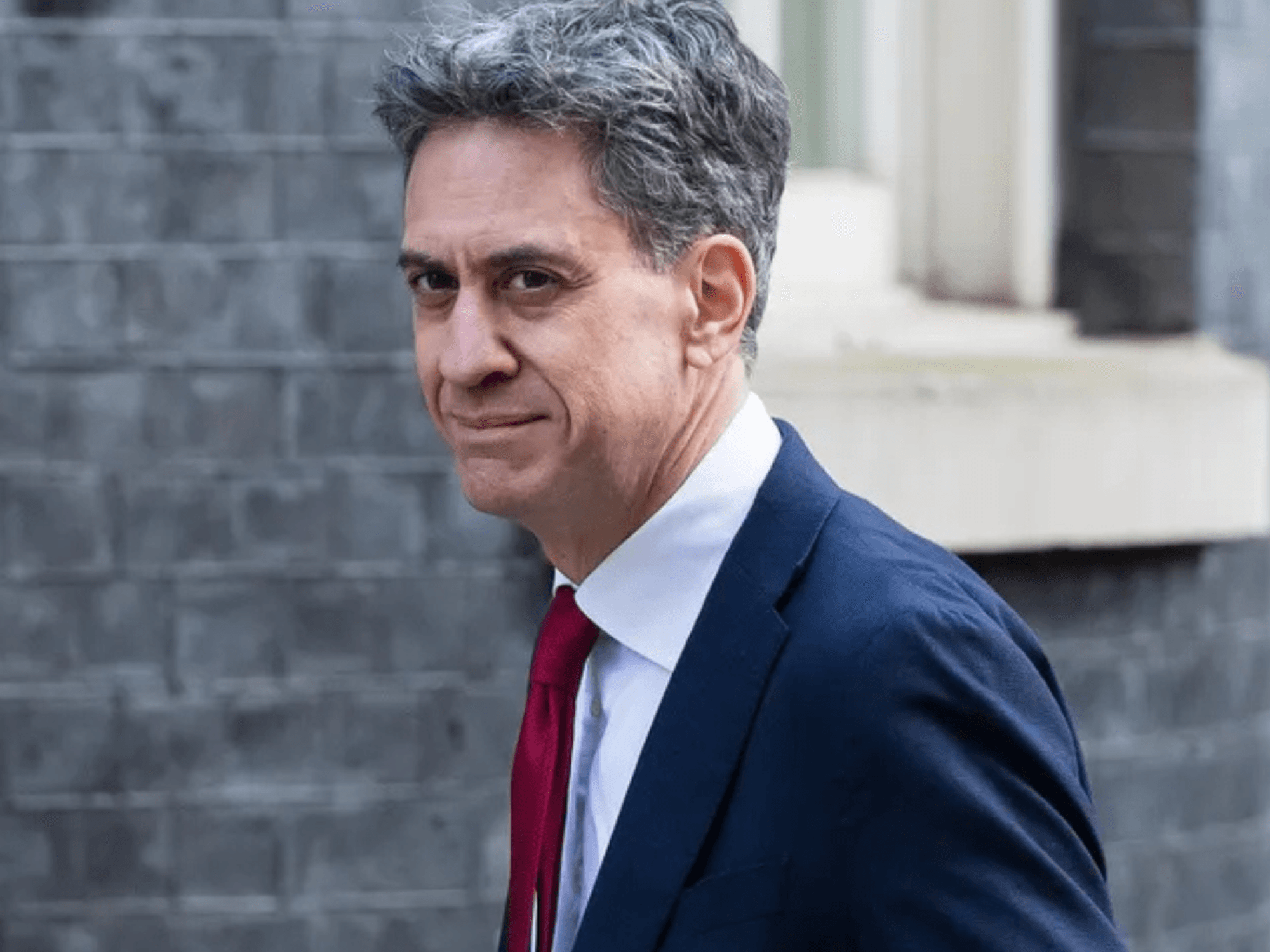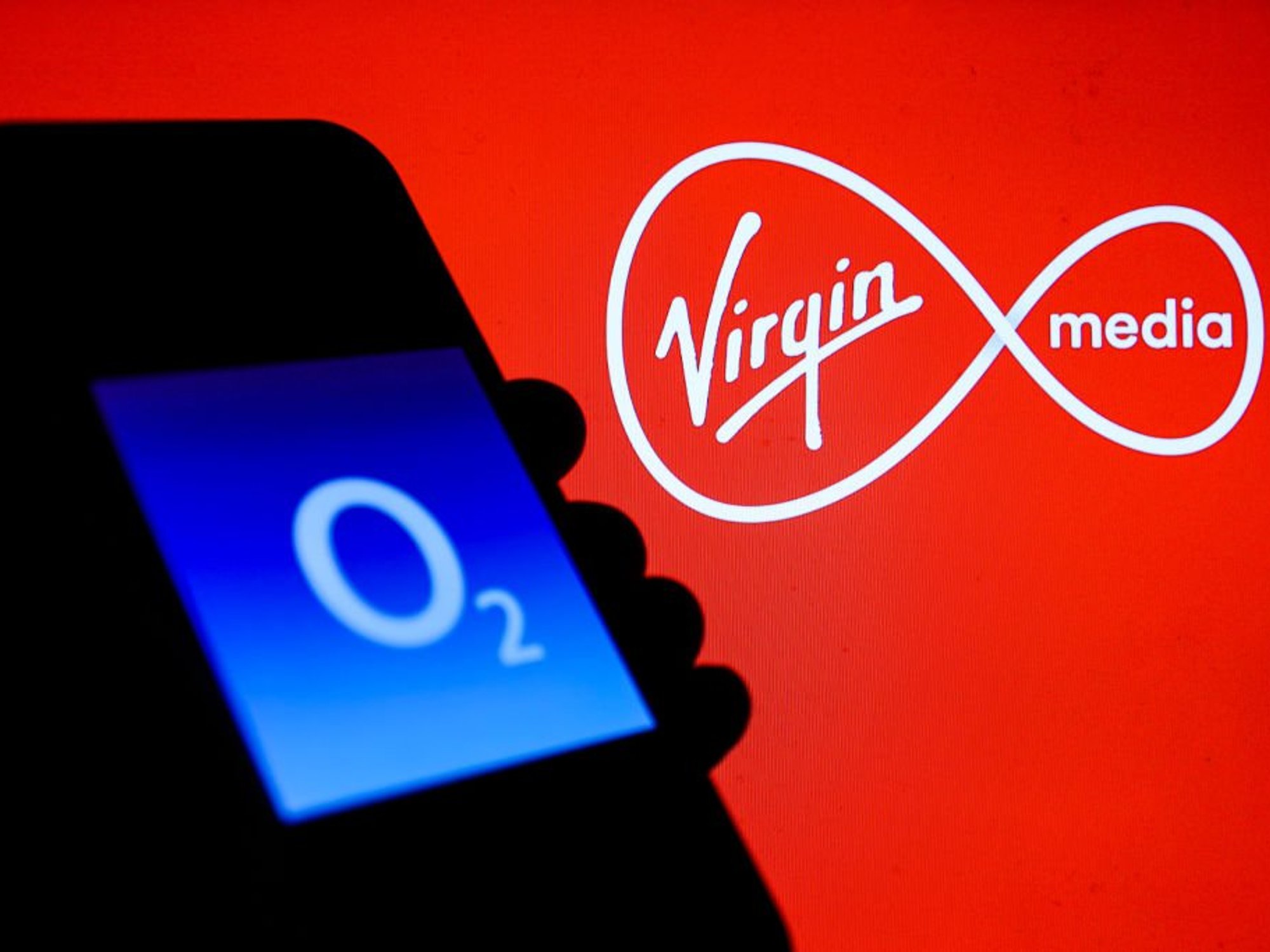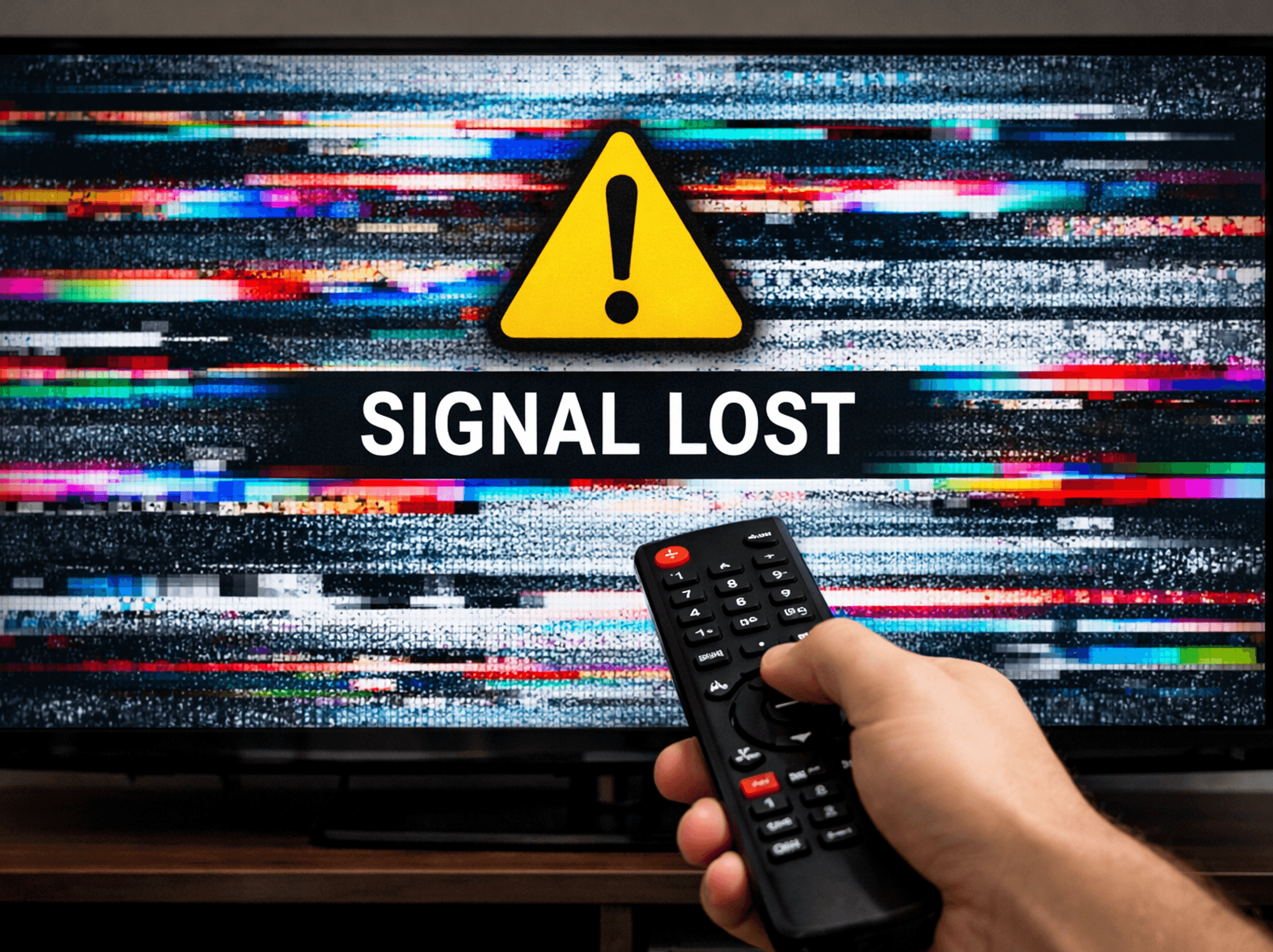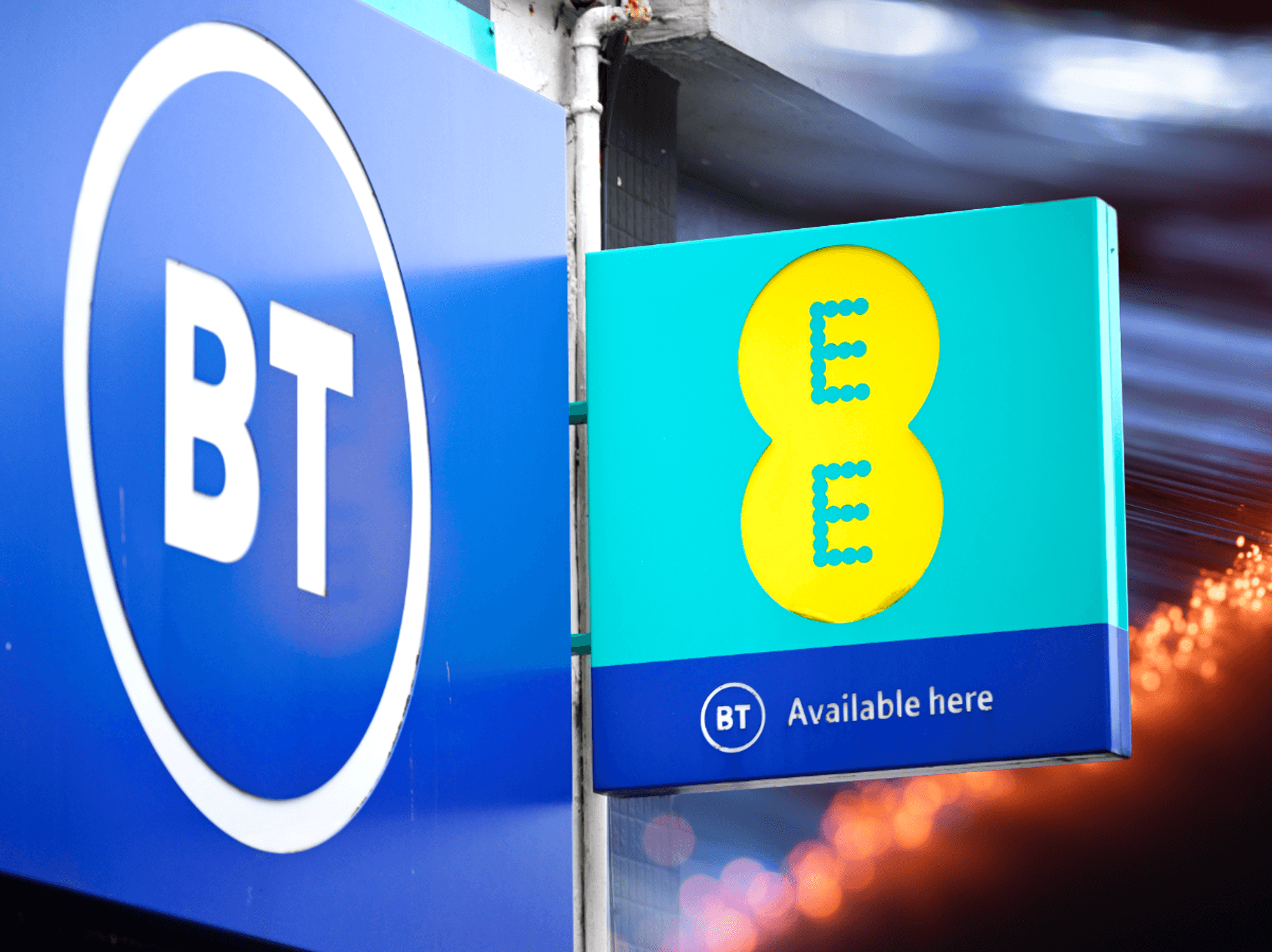BBC boss Tim Davie drops hint over future of TV licence fee as Labour floats 'reform'
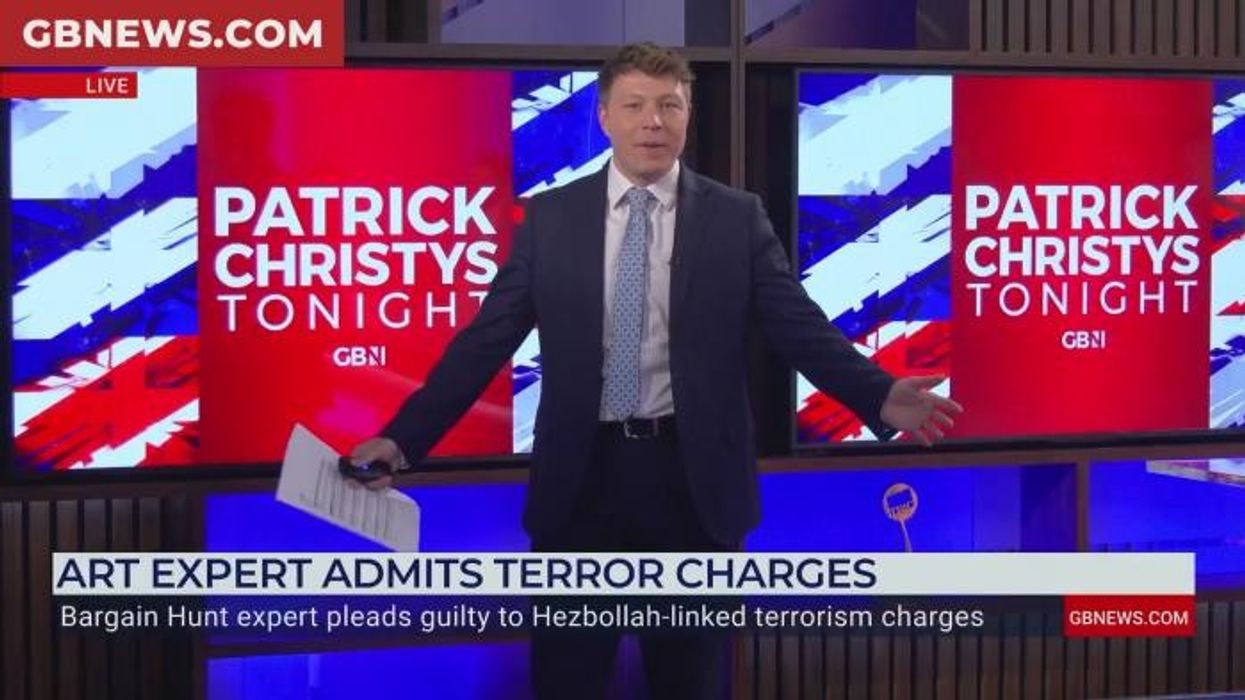
Patrick Christys hits out at the BBC as he asks: 'Is it fit for purpose?' |
GB NEWS

Households need to pay the licence fee in order to watch or stream live television programming
Don't Miss
Most Read
Latest
BBC Director-General Tim Davie has given the biggest hint yet over the future of the television licence fee and what the Labour Government should do in regard to "reform".
As it stands, households that watch or stream live TV in the UK need to pay a levy or face financial penalties, but this model has come under scrutiny in recent years.
Currently, a standard colour TV licence costs £174.50 per year, while a black and white licence costs £58.50 per year, but some households are entitled to concessions.
Discounts include a 50 per cent discount for those who are blind or have a severe sight impairment, and free licences for those aged 75 or over who receive Pension Credit.
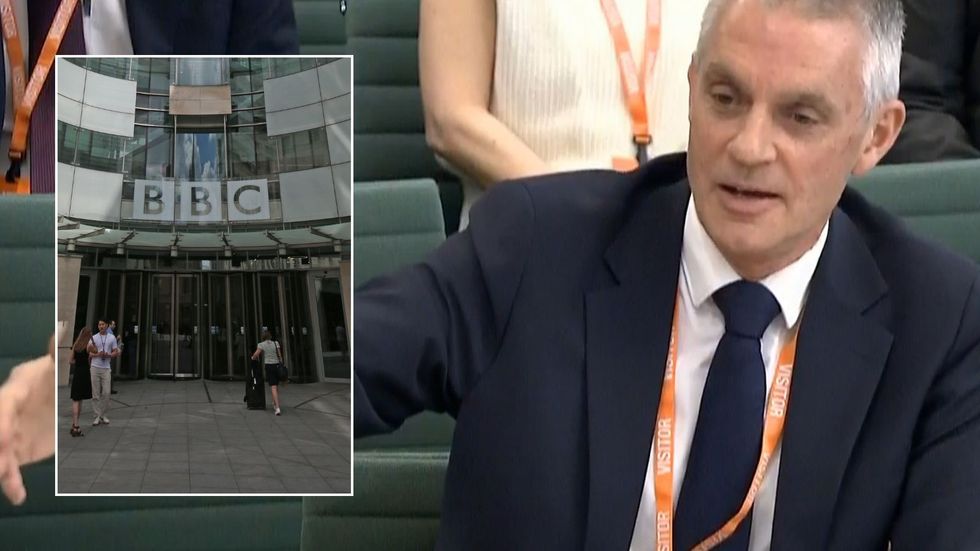
BBC Tim Davie has hinted at the licence fee's future
|PA
Alternatives to the BBC licence fee have been floated, including a subscription service model and the introduction of advertising on channels.
However, Davie poured cold water on these suggestions during a speech delivered earlier today at the Lowry Theatre in Manchester.
Ahead of the BBC’s Royal Charter beyond 2027 and the debate about future funding options, the director-general of the public broadcaster hinted more Government spending was needed.
Davie shared: "Critically, we will need a strong Charter to enable growth, securing a universal public service BBC for a generation and safeguarding our independence.
Do you have a money story you’d like to share? Get in touch by emailing money@gbnews.uk.
"We need a Charter that allows us to act faster – to be more agile and respond to the changing market, technology, and audience needs.
"One which allows the BBC to extend our partnerships with other PSBs and enables the BBC and other UK players to build scale together.
"When it comes to funding, we are not asking for the status quo. We want modernisation and reform. But in doing so we must safeguard universality.
"All the funding models that have been floated in the debate have their merits and drawbacks. But some such as advertising or subscription, don’t pass the test of building a universal trusted public service.
"Beyond that, we keep an open mind. And we continue to actively explore all options that can make our funding model fairer, more modern, and more sustainable."
According to the BBC bosses, the broadcaster wants to "double down" on Freely as a universal free service to deliver television over broadband.
LATEST DEVELOPMENTS:
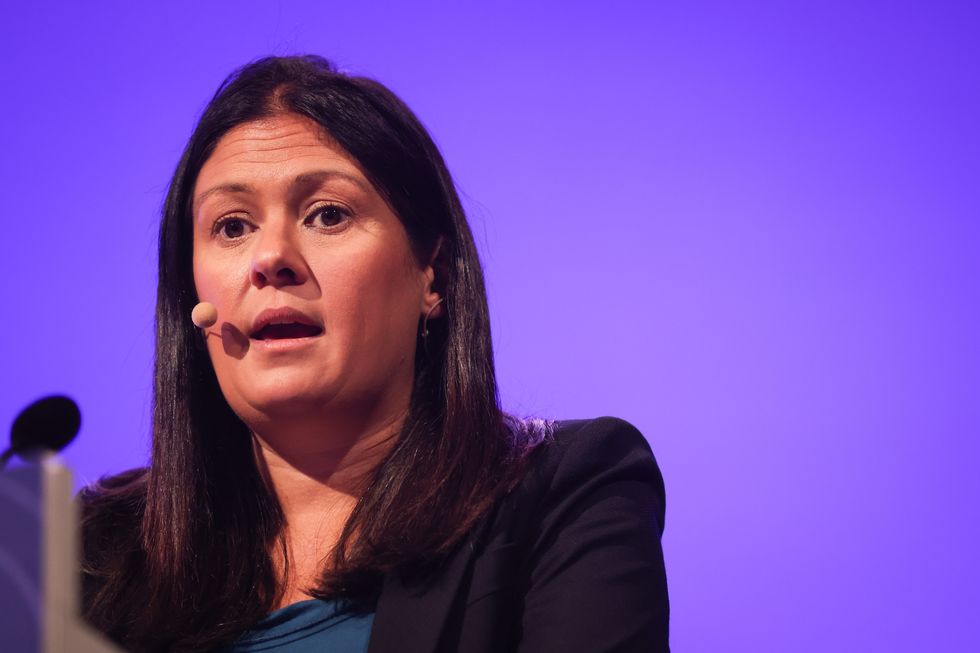 Culture Minister Lisa Nandy has hinted at reform to the licence fee | PA
Culture Minister Lisa Nandy has hinted at reform to the licence fee | PAEarlier this year, in response to streaming service users having to pay the licence fee, John O’Connell, chief executive of the TaxPayers' Alliance, said: "Forcing streaming service users to cough up the licence fee would truly be one of the most bonkers ideas ever concocted.
"Far from modernising the BBC’s funding system, it would only further entrench the already archaic nature of the hated TV tax.
"Lisa Nandy should stop kicking the can down the road and move the broadcaster onto a subscription service, with some taxpayer funding for essential programming such as the World Service."
More From GB News






